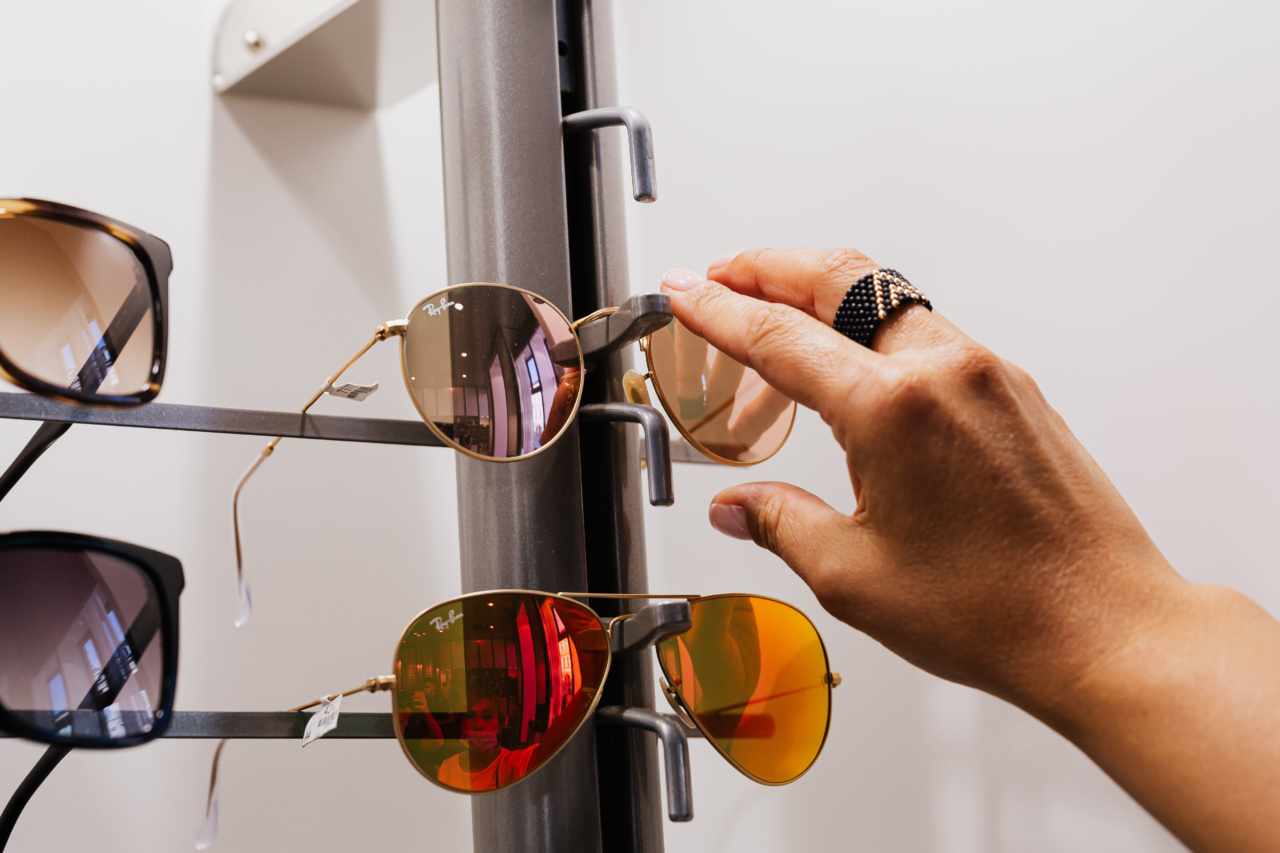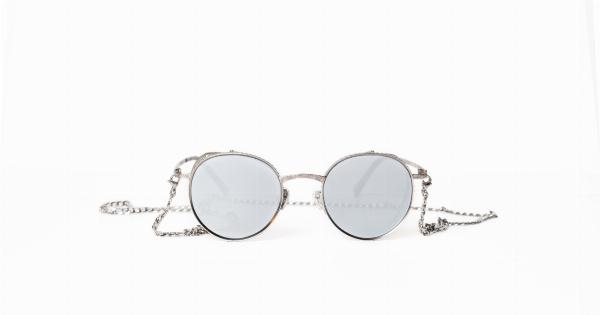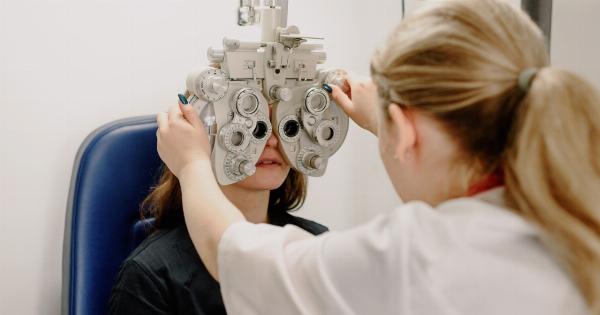Sunglasses are a must-have accessory when you’re out in the sun. They not only protect your eyes from harmful UV rays but also add a stylish element to your look. However, not all sunglasses are created equal.
One factor that sets them apart is the type of filter they use. Choosing the right filter for your sunglasses is crucial for maintaining good vision and overall eye health. Here, we’ll discuss the different types of filters and their benefits to help you make an informed choice.
Polarized Filters
Polarized filters are a popular choice for those who spend a lot of time near water or snow. They reduce glare and improve visibility by blocking horizontal light waves that bounce off water, pavement or snow.
They also increase color contrast, making it easier to distinguish between different objects. Polarized filters are ideal for activities like fishing, boating, driving and skiing.
Mirrored Filters
Mirrored filters are another popular option. They have a reflective coating applied to the front of the lens that reflects light away from the wearer’s eyes. This helps to reduce glare and provide added protection from the sun’s harmful UV rays.
Mirrored filters come in a variety of colors and are fashionable choices for people who want to make a bold statement with their sunglasses.
Photochromic Filters
Photochromic filters are lenses that darken when exposed to UV radiation. They are ideal for people who frequently move between indoor and outdoor environments. Photochromic filters adapt to changing light conditions to ensure good vision at all times.
They are available in a variety of colors and are a popular option for people who want the convenience of not having to switch between multiple pairs of glasses.
Gradient Filters
Gradient filters are lenses that are dark at the top and gradually lighten towards the bottom. They are designed to protect the eyes from overhead sunlight while allowing more light to enter from the bottom.
This makes them ideal for activities like driving where overhead sunlight can be particularly intense. Gradient filters are also popular for fashion sunglasses due to their unique appearance.
Double Gradient Filters
Double gradient filters are similar to gradient filters, but they have a gradient on both the top and bottom of the lens. This provides even more protection from overhead sunlight and allow for a wider field of vision at the bottom.
Double gradient filters are a popular choice for people who want added protection without sacrificing style.
Color Tint Filters
Color tint filters are lenses that are colored to enhance or distort certain colors. They do not provide any additional protection from UV radiation but are popular for their aesthetic appeal.
Different colors can evoke different moods or styles, such as a blue tint for a cool and calming effect or a red tint for an edgier look.
Prescription Filters
Prescription filters are lenses that have been customized to meet the specific vision needs of the wearer. They can be combined with any of the above filters to provide added UV protection or improve visibility in certain conditions.
Prescription filters are ideal for people who require corrective lenses to see clearly.
Conclusion
Choosing the right filter for your sunglasses is an important decision that can impact your vision and overall eye health.
Whether you’re looking for increased UV protection, reduced glare, or improved color contrast, there’s a filter out there that can meet your needs. Consider your lifestyle, the types of activities you enjoy, and your personal style when choosing your next pair of sunglasses.



























